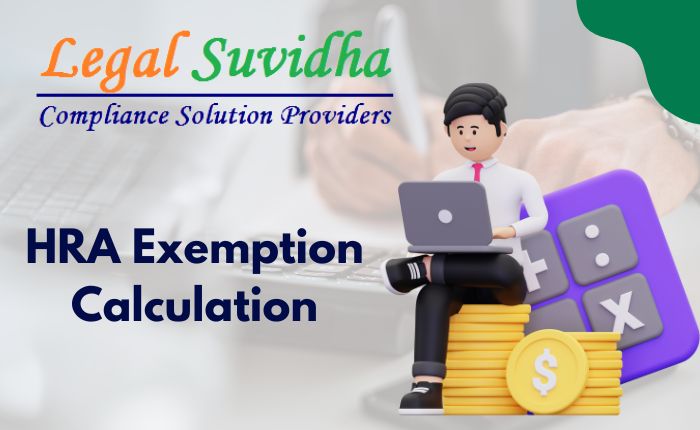In this article, we will discuss the various aspects of calculating HRA exemption under the Income Tax Act. House Rent Allowance (HRA) is a common component of the salary structure of employees in India. It is given to employees by their employers to cover the cost of renting a house. The HRA is a crucial aspect of the salary package as it provides significant tax benefits to employees.
What is House Rent Allowance and how is it calculated?
HRA is a component of the salary package that employers provide to their employees to cover the cost of renting a house. The House Rent Allowance amount is calculated as a percentage of the employee’s basic salary. The percentage of HRA can vary from employer to employer, but it is generally around 50% of the basic salary for employees in metropolitan cities and 40% for employees in other cities.
How is the House Rent Allowance exemption calculated?
To calculate HRA exemption, there are three factors that need to be taken into consideration:
- Actual House Rent Allowance received from the employer.
- Rent is paid by the employee for the rented house.
- 50% of the employee’s basic salary (for employees in metropolitan cities) or 40% of the basic salary (for employees in other cities).
The House Rent Allowance exemption is the minimum of the following three factors:
- Actual HRA received from the employer.
- Rent is paid by the employee minus 10% of the basic salary.
- 50% of the employee’s basic salary (for employees in metropolitan cities) or 40% of the basic salary (for employees in other cities).
Examples of House Rent Allowance exemption calculation
Let’s take an example of an employee who lives in Mumbai and has a basic salary of INR 50,000 per month. The employee pays rent of INR 20,000 per month, and the employer provides an HRA of INR 25,000 per month. The HRA exemption can be calculated as follows:
- Actual HRA received from the employer = INR 25,000
- Rent paid by the employee minus 10% of the basic salary = INR 20,000 – INR 5,000 = INR 15,000
- 50% of the employee’s basic salary = INR 25,000
The HRA exemption, in this case, would be INR 15,000, which is the minimum of the three factors.
Important points to remember
- The employee must be staying in a rented house to claim House Rent Allowance exemption.
- The employee must provide rent receipts as proof of rent paid to claim HRA exemption.
- If the employee does not receive House Rent Allowance from the employer, they cannot claim a House Rent Allowance exemption.
- If the employee owns a house but lives in a rented house, they can still claim an HRA exemption.
- If the employee lives in a house owned by their spouse or parents, they cannot claim HRA exemption.
If You have any queries then connect with us at [email protected] or you can contact us & stay updated with our latest blogs & articles










